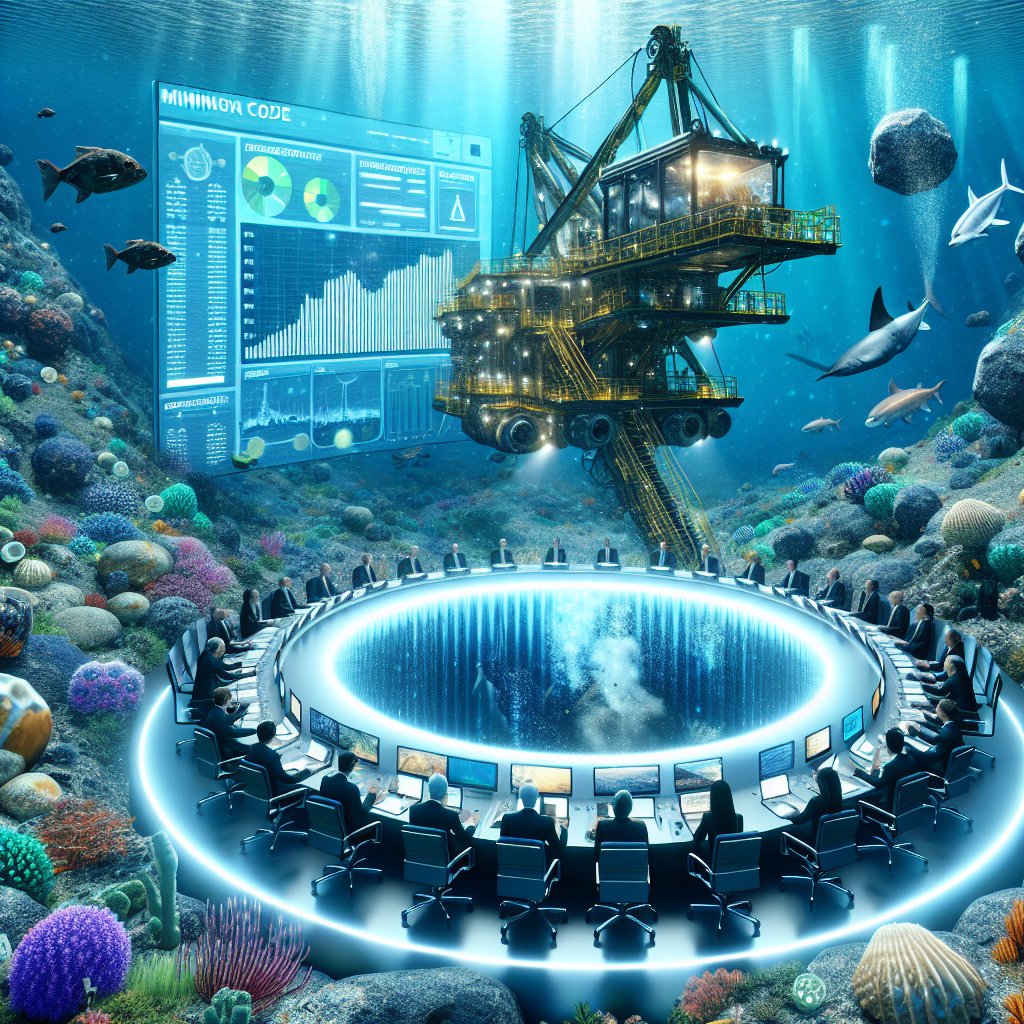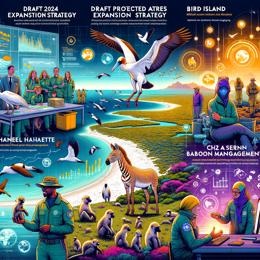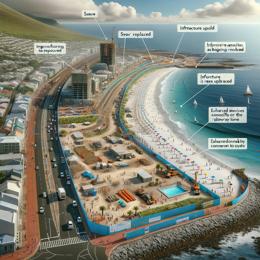Image created by AI
Leticia Carvalho to Helm ISA as Deep-Sea Mining Debates Intensify
The international discourse surrounding deep-sea mining has taken a new turn with the election of Leticia Carvalho as the next secretary general of the International Seabed Authority (ISA). Calls to temporarily halt deep-sea mining endeavors have amplified as the ISA, a United Nations-mandated body, forges ahead with developing regulatory frameworks. Carvalho, a former official at Brazil's oil regulator, steps into this role with a cautious perspective, advocating for the delay of mining approvals until comprehensive rules are established.
Carvalho's election marks a potential shift in the ISA's approach to regulating the extraction of mineral resources from the seabed, a practice increasingly viewed as critical to the global energy transition but fraught with environmental concerns. She brings to the table a vision that prioritizes the completion of a detailed mining code, aimed at mitigating potential ecological disruptions.
The recent series of meetings in Kingston, Jamaica, witnessed ISA's 36-member council engaged in an urgent race to draft this mining code. Tasked with regulating the exploration and extraction of polymetallic nodules and other seabed deposits, the ISA acknowledges that tangible rules are unlikely to take effect before the next year, leaving a regulatory void as mining interests press forward.
In an unprecedented move, up to 32 states have vocalized their support for suspending deep-sea mining, as voiced by the Deep Sea Conservation Coalition. The Coalition, alongside entities like The Pew Charitable Trusts, advocate for a moratorium or precautionary pause to allow science to catch up and provide a robust foundation for regulatory framework.
The catalyst behind the rush to codify mining regulations was the announcement by Nauru that it intended to file for a mining licence on behalf of The Metals Company (TMC), invoking a 'two-year rule' that pressures decisions within a tight timeframe irrespective of formal guidelines' existence. This declaration has heightened concerns over potentially harmful seabed activities.
Environmental advocates argue for a total cessation of seabed mining, citing its potential for irreversible biodiversity damage. Contrasting this viewpoint, TMC stands by its assertion that ocean floor nodules harvesting offers a less harmful alternative to land-based mining, essential for sourcing transition-relevant elements like nickel and cobalt.
As Carvalho prepares to take the reigns in 2025, replacing the two-term incumbent Michael Lodge, her foremost challenge will be to balance the competing interests of environmental sustainability and resource extraction in an age driven by demand for green energy solutions.










